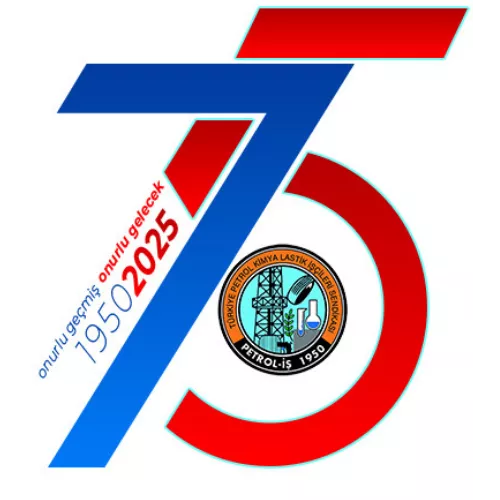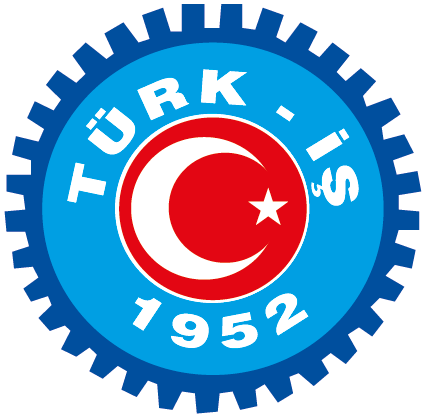
ICEM’s ongoing Turkey Organising and Social Dialogue Project, through the support of the Dutch national labour centre FNV, organised its seventh regional workshop in Bursa on 15-16 September 2010.
Located in northwestern Turkey, Bursa is the country’s fourth largest city with a population of 1.86 million. The city is an industrial and culturally charged one, once serving as one of the ex-capitals of the Ottoman Empire. Bursa is also referred to as Turkey’s “Detroit” because it is the centre of Turkish auto and auto-component industries.
Auto factories such as FIAT and Renault are located near Bursa, as are auto-supply factories operated by Bosch, Mako, and Contitech. In addition, textile and food industries are equally strong in the city. Traditionally, Bursa used to be famous for being the largest center of silk trade in the Byzantine and later the Ottoman empires, during the period of the lucrative Silk Road. The city is still a major center for Turkish textiles.
A number of national and multinational companies within ICEM’s sectors have operations in Bursa. Recently, a labour conflict at French-based auto-plastics supplier Faurecia was provoked when the company sacked shop-floor leaders belonging to ICEM affiliate Petrol-İş. ICEM intervention and vigorous Petrol-İş manifestations won the jobs back.
Trade unions are seeking to organise factories using new and modern tools, and the ICEM’s Dutch project aims to provide those tools.
The Bursa seminar was attended by around 70 trade union leaders, shop stewards, and militants from ICEM-affiliated unions, as well as leaders of other unions in the metals and textiles sectors. The meeting also welcomed national level union officials, namely Mustafa Öztaşkın, President of Petrol- İş, and Alaaddin Sari, Vice-President of Lastik-İş.
The Bursa seminar also hosted several international trade union leaders, including ICEM General Secretary Manfred Warda, FNV Bondgenoten Trade Union Officer Celil Çoban, Spanish FITEQA-CC.OO International Secretary Isidor Boix, and Phee Jungsun and Kemal Özkan from the ICEM staff. All guests exchanged their knowledge and experiences with participants.
Warda gave a detailed presentation about ICEM’s structure, policies, and agenda on the first day, and also explained the global union movement’s position and activities on job losses brought on by the global economic crisis. He also spoke on ILO Convention 176, the Safety and Health in Mines Convention, and the necessity for Turkey to ratify this Convention. He discussed ICEM strategies regarding social dialogue, Global Framework Agreements, workers’ networks, sustainable employment, and the cooperation and integration process with other GUFs.
In addition, Warda briefed the participants on labour relations, trade union structures, and social dialogue in his home country of Germany during the second day of the workshop.
ICEM’s Özkan gave a perspective on the various parameters of globalisation, the changing structure of industrial production, global union structures and challenges, Contract and Agency Labour, and various international institutions such as ILO, OECD, Global Compact, and EU instruments. ICEM’s Phee Jungsun shared his experiences in ICEM’s Asia-Pacific Region on organising within multinational companies, social dialogue, and labour practices in Asian countries.
Participants heard a presentation by Turkish trade union expert Üzeyir Ataman, Director of Education and Collective Bargaining of Lastik-İş, on union history and the current labour relations situation in Turkey. Later, the seminar focused on Power and Weak Points, Challenges and Opportunities, and Concrete Organising Targets inside Turkey, with contributions and inputs by participants from the different towns around Bursa.
“The Bursa seminar was very well attended,” said Özkan. “Participants expressed hunger for these workshops, allowing them to better know international trade union instruments at hand.
“I once again realise how important this project is in Turkey,” added Özkan, the coordinator of the two-year project.
The project will continue with an upcoming special youth organising seminar, scheduled for 21-22 October 2010 in Kusadasi in the Eagean region. The project’s two-year run will end with a final conference at the end of November in Ankara. (4 October 2010)





